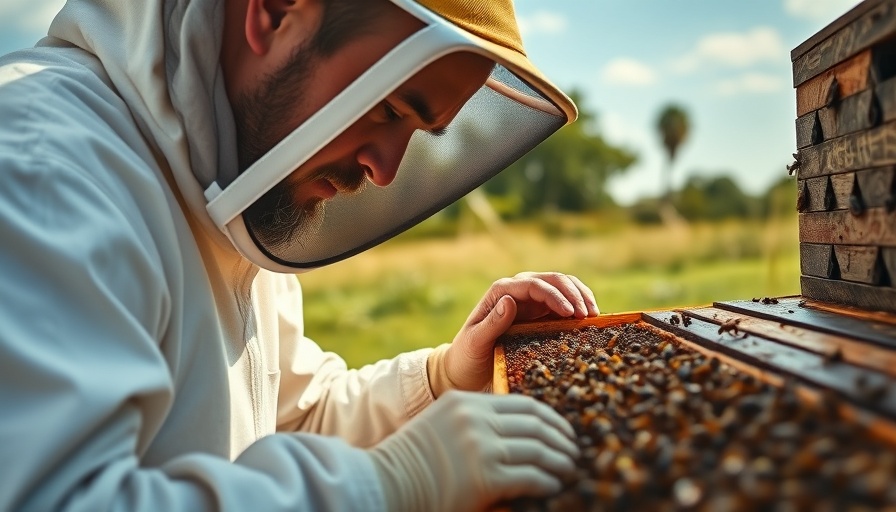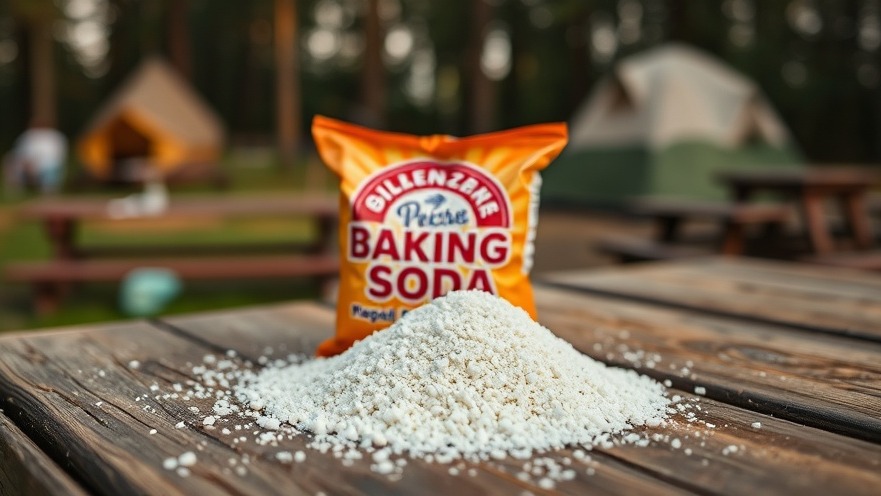
Understanding the Varroa Mite Threat to Australia's Honey Bees
The introduction of the Varroa mite to Australian shores in 2022 marked a pivotal moment for the nation’s beekeeping landscape. This parasitic pest is not just a threat to honey bees but poses a significant risk to the entire agricultural sector reliant upon bee pollination. With bees contributing over $4.6 billion worth of food production in Australia, the stakes have never been higher.
Importance of the Australian Colony Loss Survey
In response to this crisis, Australia's beekeepers are being urged to participate in the Australian Colony Loss Survey. This initiative is more than just a data collection effort; it's a lifeline for beekeepers and farmers alike. According to Danny Le Feuvre, CEO of the Australian Honey Bee Industry Council (AHBIC), the survey aims to build a foundational dataset that will inform governments and industry stakeholders on effective management strategies against Varroa's spread. Furthermore, it offers an invaluable opportunity for peer learning among beekeepers—a critical element in combating this challenging issue.
Future Implications on Crop Pollination and Food Security
As highlighted by various industry experts, the effects of the Varroa mite extend well beyond honey production. The loss of feral bee populations, which have historically supplied pollination for free, will force many farmers to rely increasingly on commercial beekeepers, leading to greater costs. Growers of apple, cherry, and other fruits may see their operating expenses skyrocket as they adjust to a new landscape where pollination services come at a premium.
Global Context and the Role of Technological Innovation
The threat posed by Varroa is not unique to Australia but resonates on a global scale. Countries like New Zealand have experienced the mite's effects for years, leading to extensive research on best practices for management and prevention. The AHBIC is deploying educational workshops nationwide to equip beekeepers with the knowledge necessary to thrive despite this new normal. The need for innovation in beekeeping practices—including potential applications of biotechnology—presents an exciting frontier as stakeholders seek to defend the health of pollinator populations.
Expert Insights on Mitigating the Crisis
Experts like Professor Sasha Mikheyev from the Australian National University are calling for immediate action to gather data on the Varroa mite's impact on not just beekeeping but also on broader ecosystems dependent on bees for pollination. The survival of various native plant species and the effectiveness of Australia's unique flowering forest systems are directly linked to the health of honey bee populations. The current data collection presented in the survey is crucial not only for economic reasons but for environmental sustainability, too.
Harnessing Data for Action
The value of data in navigating through such unprecedented challenges cannot be overstated. The trends identified through the Australian Colony Loss Survey will inform future policies and research directions, helping to fortify the beekeeping industry. With comprehensive insights into beekeeping practices, loss factors, and successful management techniques, a collaborative approach can help safeguard honey bee populations and, by extension, food security in Australia.
Concluding Thoughts: The Path Forward for Beekeepers
As we face this critical juncture for the Australian honey bee industry, beekeepers are urged to complete the Australian Colony Loss Survey by March 10, 2025. Participating in the survey not only contributes to vital data collection but also empowers beekeepers to adapt to the evolving challenges posed by the Varroa mite. As policymakers and researchers move forward, the information from this survey will play a vital role in shaping strategies to ensure the survival and health of this critical sector.
 Add Row
Add Row  Add
Add 






Write A Comment